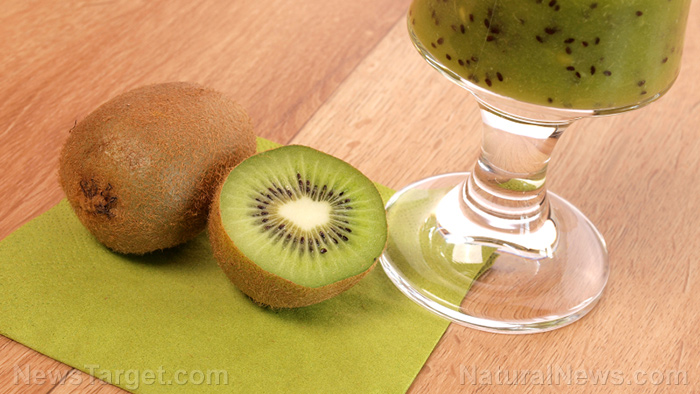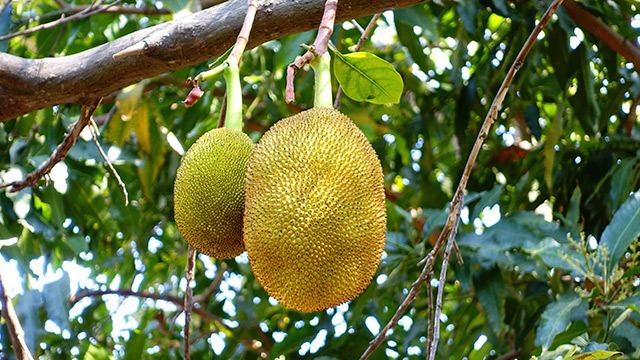Differentiating between probiotics and “postbiotics”
05/08/2018 / By Ralph Flores

So what’s in a name? For scientists, it’s the chance to learn more about a new compound that carries potential benefits to human health. In a study published in the journal Trends in Food Science & Technology, the team looked at how “postbiotics” – defined as soluble factors that are released by probiotics – could be used to provide additional benefits to the host.
The human body is home to a lot of bacteria. In particular, the bacteria that live in the gastrointestinal tract (GIT), collectively known as the gut microbiota, directly impact our health in a number of ways: They can either help us digest food better, provide us with certain vitamins, support the immune system, and ensure smooth digestive function, or, if we lack the right ones, those functions become compromised and we become more susceptible to illness.
To help with the upkeep of the gut microbiota, the use of live bacteria and yeasts called probiotics is needed. Food and drink that contain probiotics can help decrease the number of “bad” bacteria in the gut, replacing them with “good” bacteria. This helps restore bacterial balance and ensures that the body is working properly. (Related: Probiotic painkiller: A new study has found that certain gut bacteria produce GABA which combines with lipoproteins to act as a potent painkiller.)
The study, a collaboration between the Research Centre for Food and Development (CIAD), the Research and Assistance Center in Technology and Design of the State of Jalisco (CIATEJ), and the Veracruz Institute of Technology in Mexico, looked at how probiotic bacteria release compounds after disintegrating the cell membranes of other bacteria (called a bacterial lysis), as well as their own secretions in the process. These compounds, called postbiotics, caught the attention of the researchers because of their clear chemical structure, safety dose parameters, and long shelf life.
What are “postbiotics”?
“Postbiotics possess several attractive properties such as clear chemical structures, safety dose parameters, and longer shelf life (up to 5 years, when used as [an] ingredient for foods and beverages or as nutritional supplements) that are greatly sought out,” explained Dr. Belinda Vallejo-Cordoba, the principal investigator at CIAD and a co-author in the study.
In the review, they listed some of the issues that functional foods with probiotics have. In particular, they pointed out that some strains have genes that promote antibiotic resistance, which they believe could be passed onto pathogenic bacteria through gene transfer. They also highlighted that probiotics are prone to many changes. These include limited shelf life, as well as various sensitivities to product acidity, nutrient content, and the presence of growth promoters and inhibitors.
Postbiotics, they explain, do not have those problems. For one, they already contain a number of nutrients that benefit human health. According to Vallejo-Cordoba: “Soluble factors have been collected from several bacteria strains that include short chain fatty acids (SCFAs), enzymes, peptides, endo- and exo-polysaccharides, vitamins and organic acids.”
In addition, the team took note of the safety profile of postbiotics. While probiotics rely heavily on the number and metabolic activity of each strain, postbiotics can be used in a “controlled and standardized manner,” allowing them to be used as a standard treatment for many diseases. They also found that postbiotics contain molecules that displayed anti-inflammatory, immunomodulatory (regulates immune responses), anti-obesogenic (counters the effects of obesity), antihypertensive, hypocholesterolemic (lowers cholesterol), antiproliferative (prevents the spread of malignant cells), and antioxidant activities.
The effects of postbiotics, researchers posited, are not limited to digestion alone. In their review, they indicated that certain compounds contain nutrients that can greatly benefit the skin – opening the door to its potential use in personal care products. “These properties suggest that postbiotics may contribute, to the improvement of host health by improving specific physiological functions, even though the exact mechanisms have not been entirely elucidated,” they wrote.
Sources include:
Tagged Under: digestion, digestive health, functional food, good bacteria, gut flora, gut health, gut microbiome, gut microbiota, natural remedies, nutrients, postbiotics, prebiotics, prevent disease, probiotics, skin health




















